WASHINGTON, D.C. — As the Reservoir District (formerly McMillan) enters a pivotal stage in its redevelopment process, Bloomingdale residents are raising urgent concerns over proposed zoning changes they say threaten the integrity of the original community vision. In a series of impassioned statements, letters, and formal questions to the Zoning Commission, residents and stakeholders are calling on city leaders to enforce commitments made to the public—including promises of retail space, a full-service grocery store, affordable housing integration, and a civic plaza.
A Community Feels Betrayed
At the center of the controversy is Zoning Case No. 13-14E, in which Jair Lynch Real Estate Partners, the master developer, is requesting significant modifications that residents argue would erode public benefits central to the project’s initial approval.
Among the most concerning changes:
-
Retail Space Reduction: From 74,000 sq. ft. to just 26,000 sq. ft. — a 64% cut
-
Grocery Store Downsizing: From a promised 49,000 sq. ft. to a potential 10,000–15,000 sq. ft., with no grocer committed
-
Elimination of Public Plaza (MU-11): Removal of a previously required civic gathering space
Residents say these proposed revisions jeopardize not just daily conveniences, but economic opportunities, community cohesion, and trust. As one letter put it, “This is not just about losing a grocery store — it’s the loss of dozens of storefronts, hundreds of jobs, and a piece of neighborhood infrastructure.”
Misleading Marketing and Lack of Transparency Alleged
Residents also accuse the developer of manipulating the zoning process by spreading proposed changes across multiple filings, redefining parcel boundaries, and selectively communicating with the public.
“This is regulatory sleight of hand,” one stakeholder wrote. “What is being portrayed as compromise is simply retreat from previous commitments — with no equivalent gain for the community.”
They point out that even as square footage for the grocery is being reduced, no assurance is provided that freed-up space will remain retail. Instead, it may quietly be converted into additional residential units, further tilting the project away from its mixed-use foundation.
Residents Demand Accountability
In a formal statement submitted before the record closed on July 17, community members urged the Zoning Commission to:
-
Reject the proposed reduction of retail and grocery space
-
Preserve the public plaza as originally required
-
Delay the July 31 hearing to allow time for public transcripts and feedback
-
Enforce verbal and written commitments made during the original PUD process
They also warn of potential legal consequences, including class action litigation, if the developer continues to market features that no longer align with approved plans.
“These features are not ornamental—they are central to our quality of life, our property values, and the long-term success of this neighborhood,” the letter states.
A Wave of Questions for the Zoning Commission
In response to the proposed changes, residents submitted a detailed list of over 25 questions directed to the Zoning Commission, focusing on:
-
Equity and segregation concerns related to clustering all affordable housing into one building
-
Elimination of a pedestrian bridge that supported safety and connectivity
-
Design discrepancies between affordable and market-rate buildings
-
Transparency on retail and grocery leasing efforts
-
Documentation of developer communications and approvals
Residents emphasized that affordable housing should not mean inferior design, services, or placement. They asked whether a racial and economic impact analysis had been conducted, and how these changes align with DC’s Comprehensive Plan and equity goals.
“Has the Zoning Commission evaluated whether this updated plan continues to meet the public benefit standards used to approve it?” one resident asked.
Developer and Zoning Response So Far
The Office of Zoning replied that public comment submissions could no longer be added to the record, as the hearing concluded on July 17. However, it left the record open until July 28 for specific responses to questions or requests made by the Commission.
Residents quickly moved to file their inquiries before the deadline and are calling on the Commission to publicly respond by July 28, before any vote is scheduled.
What’s at Stake?
For many Bloomingdale and Ward 5 residents, this moment represents a test of trust in public process. They are urging the Commission to uphold the community vision that was a decade in the making — a vision that helped secure zoning approval and sold homes to new residents.
They ask:
Will this be another example of promises made but not kept — or a reaffirmation that public input matters and developer accountability will be enforced?
As the July 31 hearing approaches, many are watching, organizing, and preparing for further action. The outcome could set a precedent for how DC handles future PUD amendments — and whether community voice truly carries weight in shaping urban development.
Stay tuned.

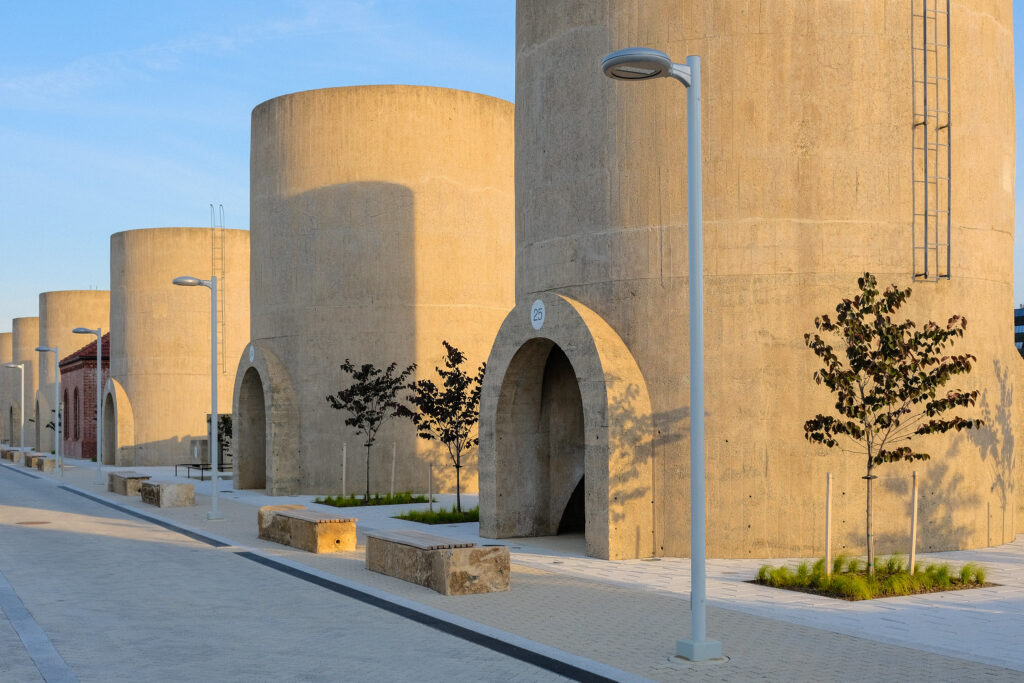

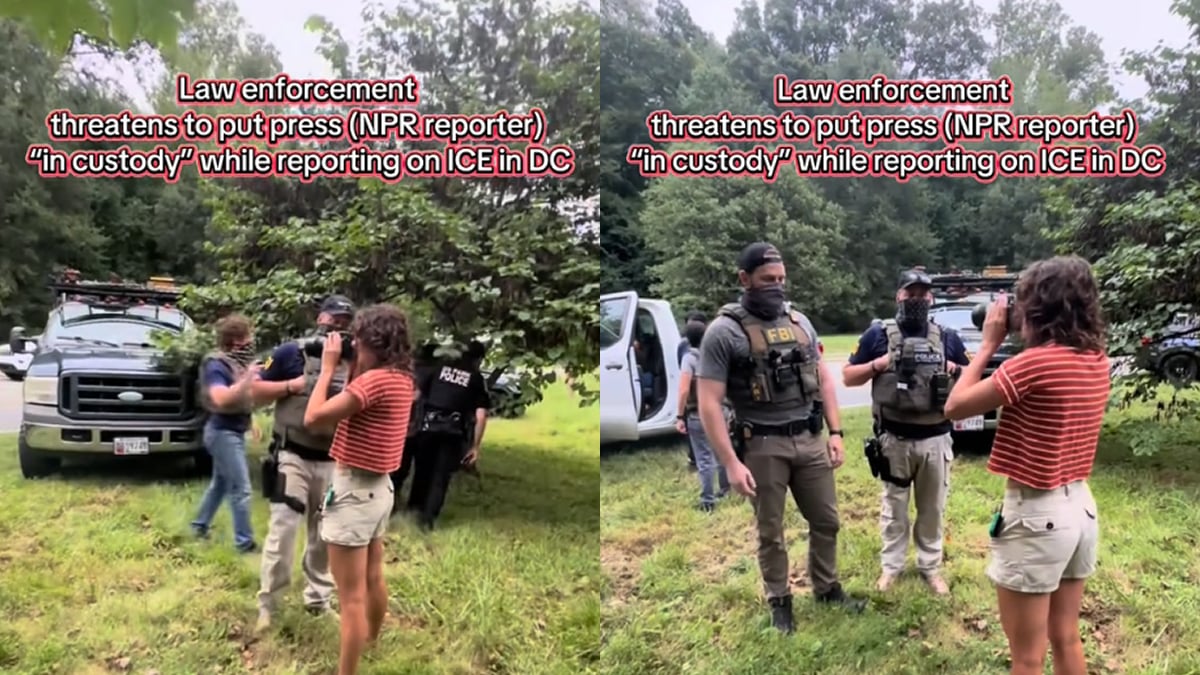


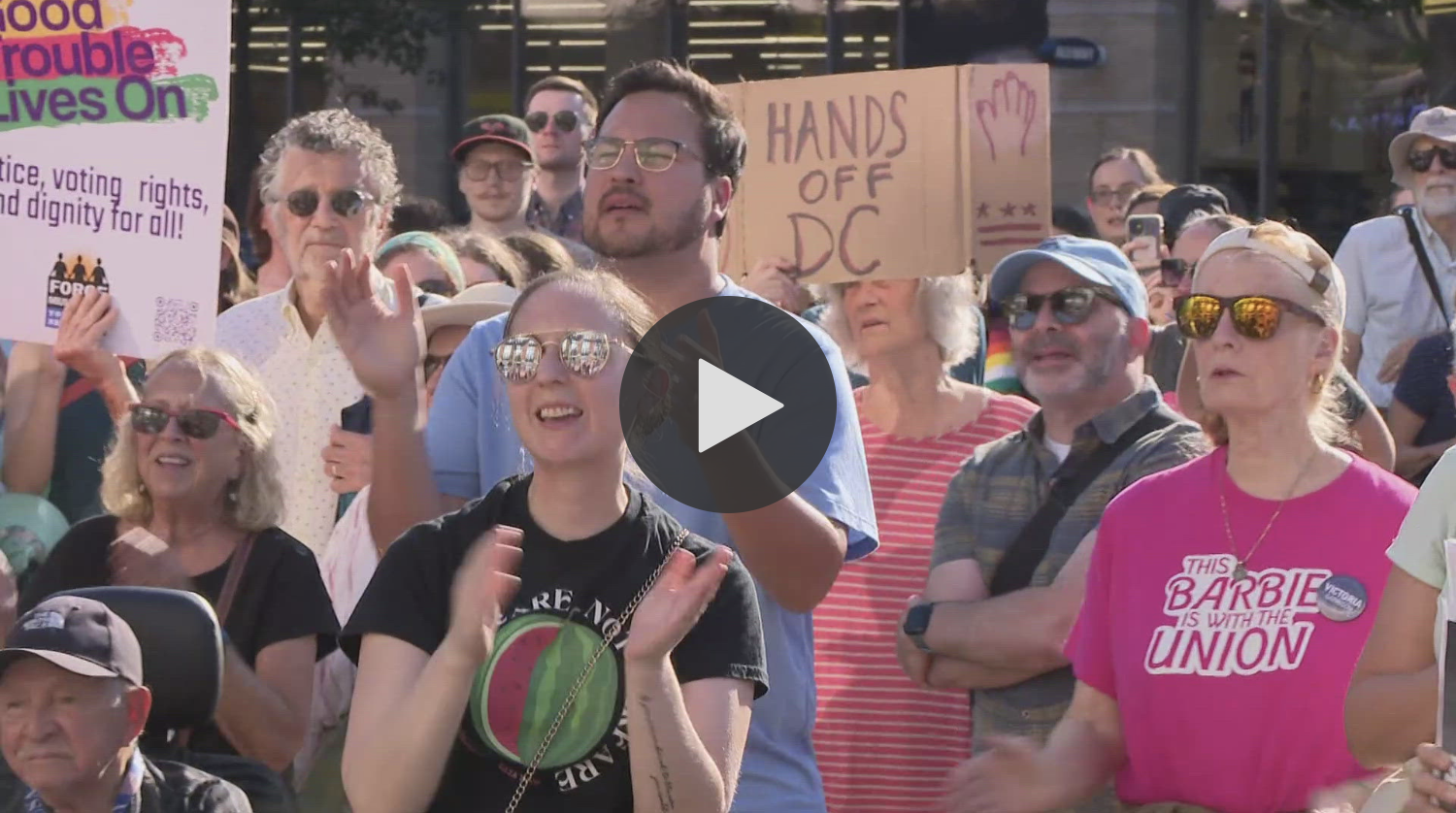
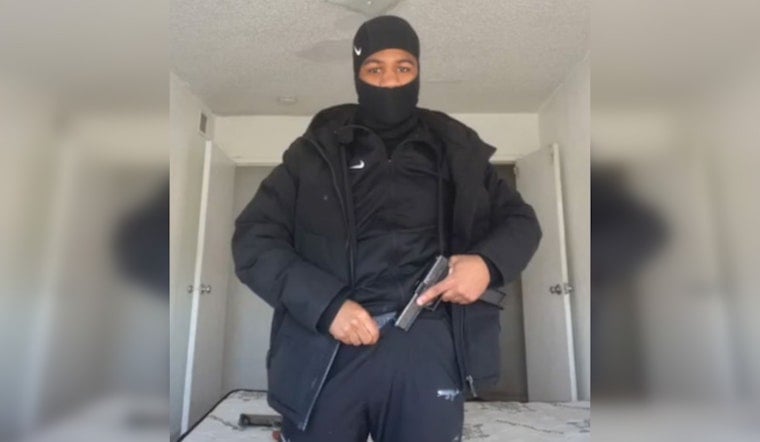

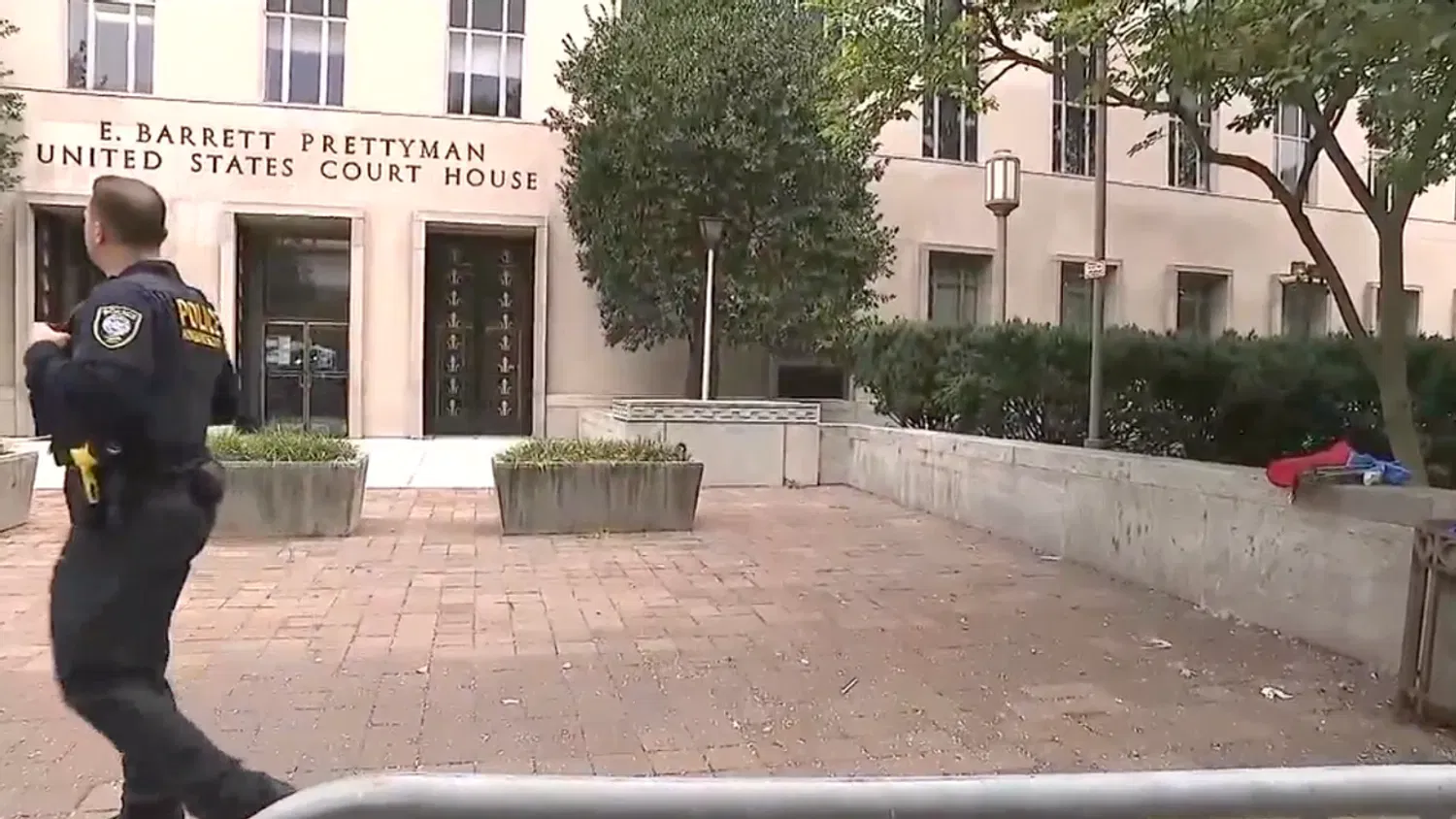
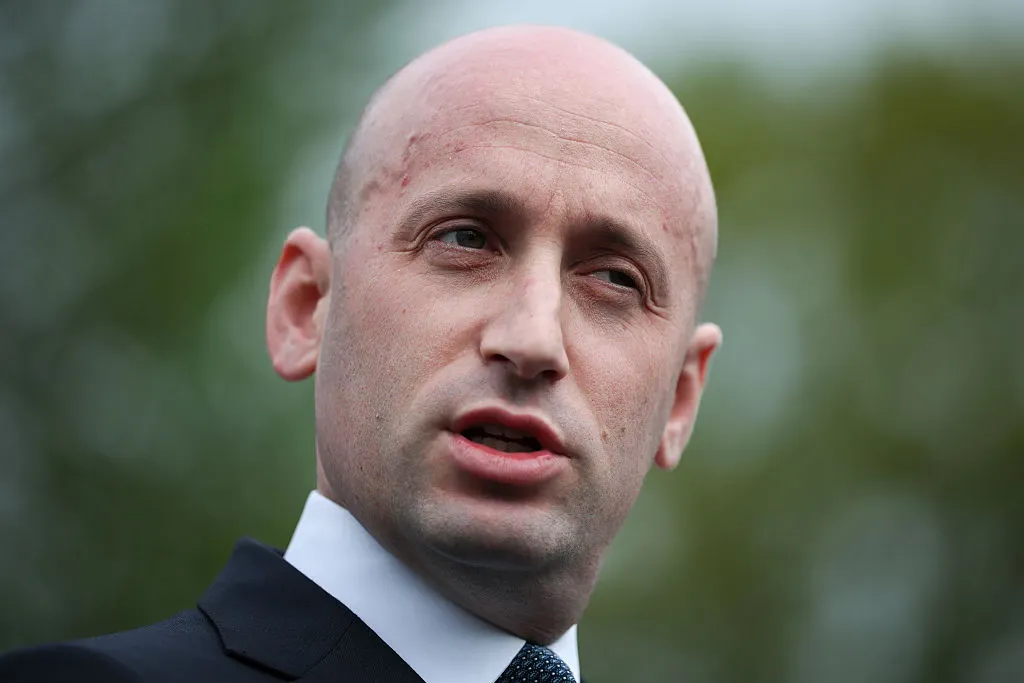
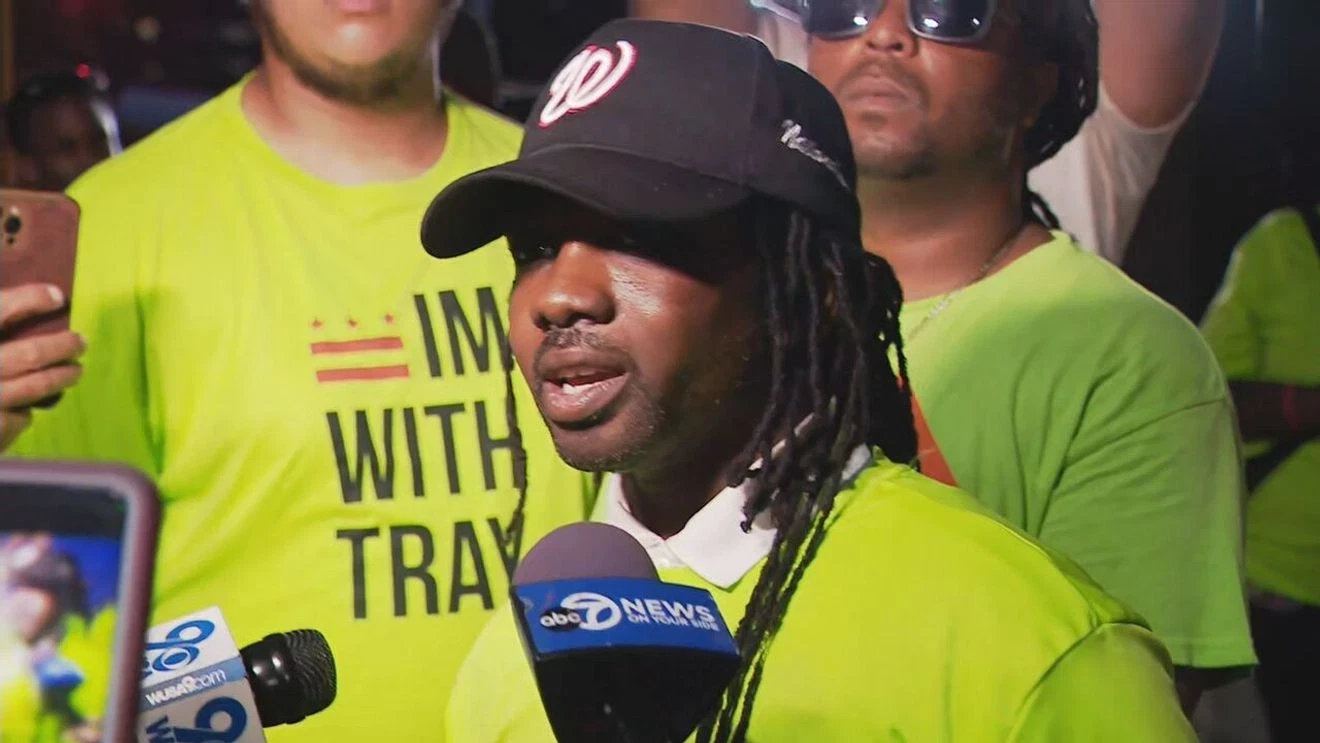
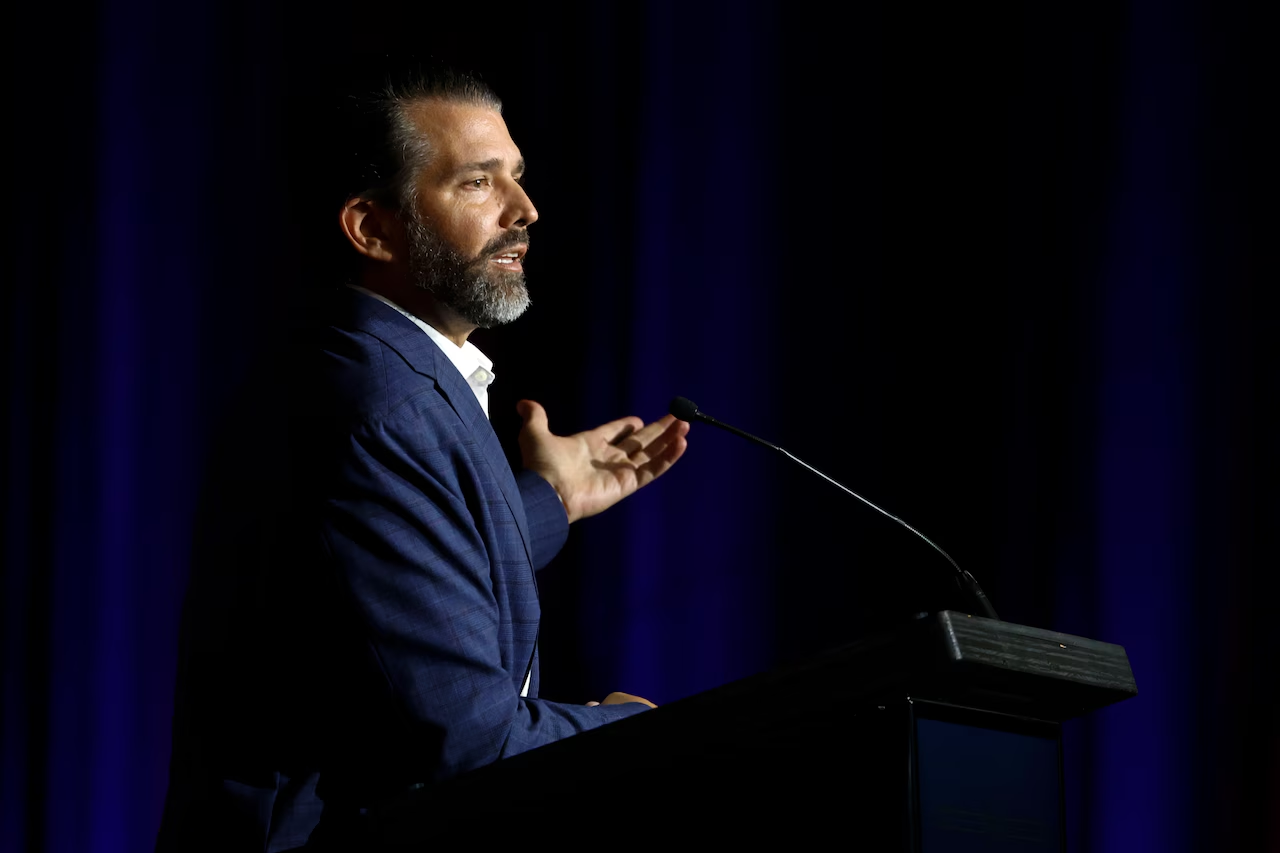
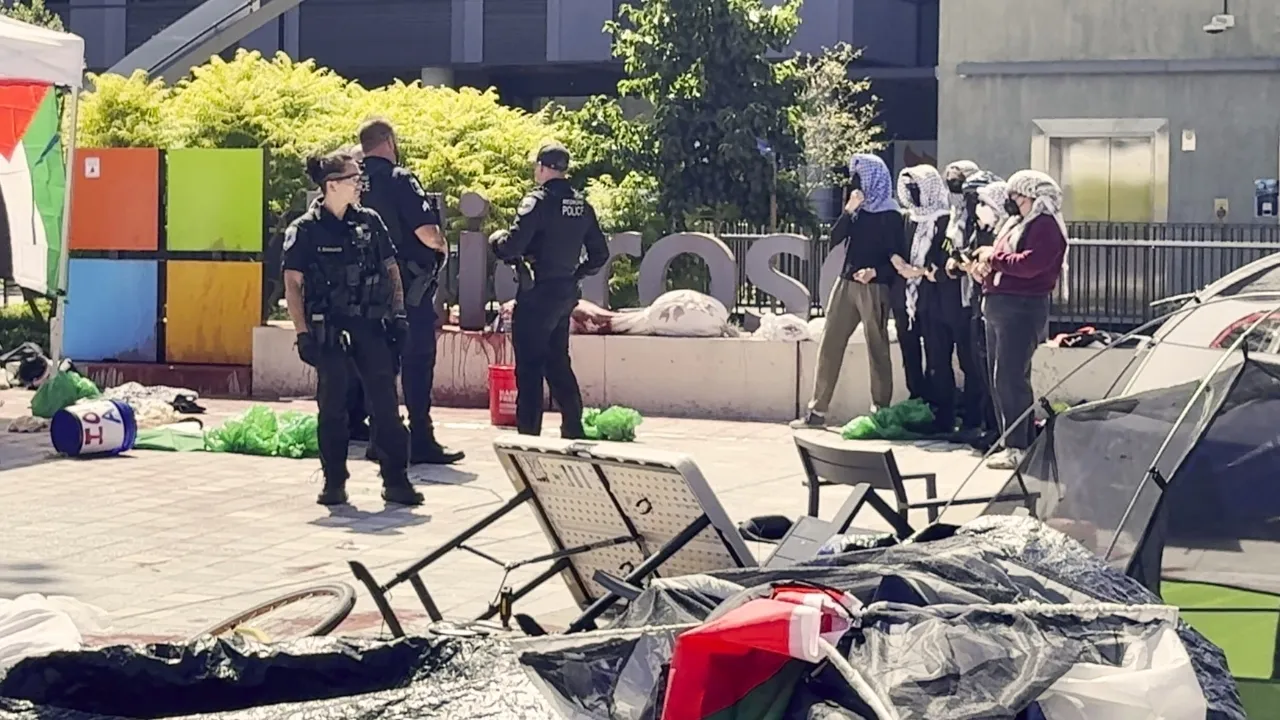
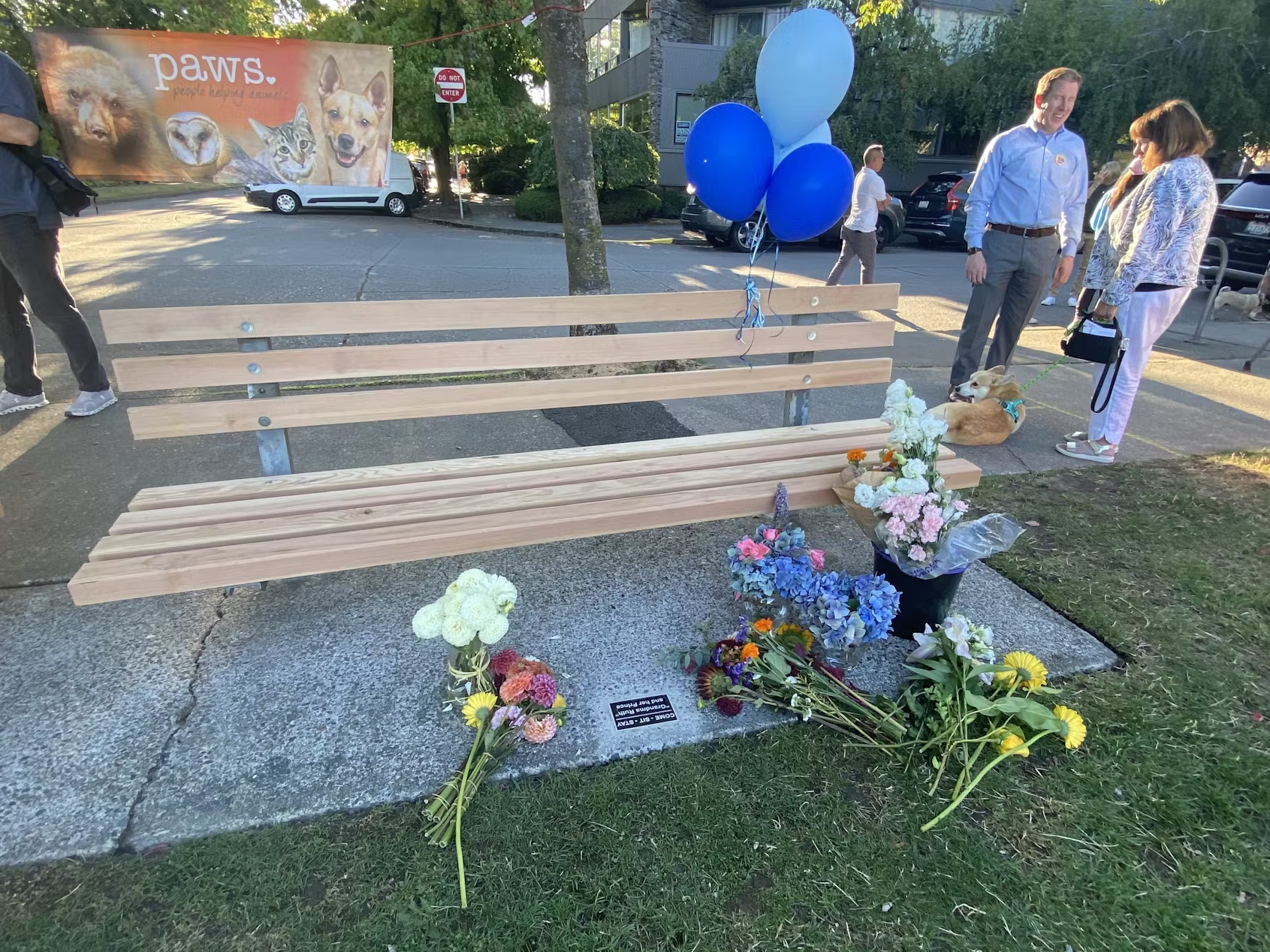
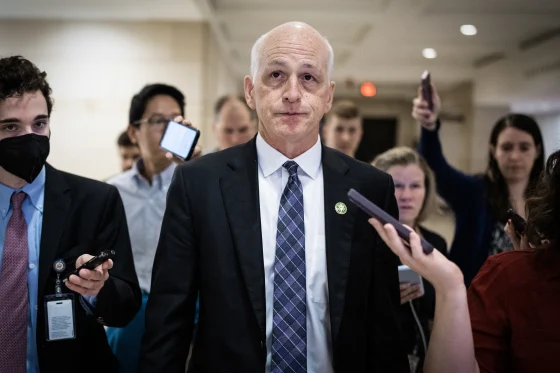
Leave a Reply